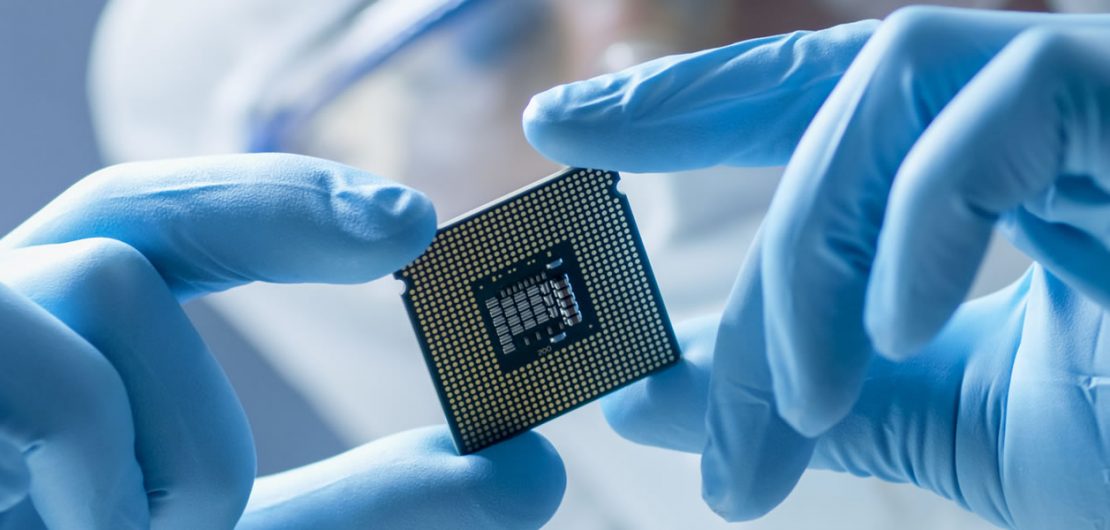
Electronics Engineer
The Study Programme (Corso di Studi, CdS) in Electronics Engineering trains the student to design, use, and innovate electron devices, circuits and systems, to guide the evolution of this technological field with competence and professionalism, and to promote its deployment in countless sectors and in most diversified applications, where Electronics plays a key role. The objective of the Study Programme in Electronics Engineering is to train professionals with a rich and robust scientific and technological background, which combine physical-chemical-mathematical understanding of the most advanced technologies with cutting-edge engineering skills, necessary to conceive, design, and develop applications, products, and systems to be deployed in the most diversified fields, often enabling new markets and inventing new application scenarios.
For more information see the presentations of the B.S.E.E. and the M.S.E.E. courses.
“Electronics Engineering is at the basis of all technologies in today’s Information age, fostering all aspects of life, work, and society.”
Research in electronics technologies is continuous, incessant, and increasingly stimulated by the most diverse and demanding applications. For example, ever-faster microprocessors and increasingly dense memories are the essential electronic constituents of any computer and processing system. Ultra-sensitive and miniaturized semiconductor sensors, which continually dialogue with each other and with the outside world, are fundamental to acquire real world’s signals. Embedded systes can understand, manage, and control objects around us and can implement actions through drones and robots. Not to speak of the ubiquitousness of electronic systems in telecommunications, where the development of ever faster and more complex electronic circuits enabled the explosion of cellular, fiber optic, and satellite communications.
“Such innovation and electronics design capabilities, bound to a sound knowledge of basic science, are also essential for the development of biomedical systems, of scientific instrumentation, and of innovative nano- and bio-electronic systems enabling the transition toward a sustainable society, focused on mankind, health, and quality of life.”
The Electronics Engineer is the human being behind those systems. He/she conceives, designs, manufactures and tests them, he/she knows how to model the physical realms, which these electronic systems have to interact with, he/she knows how to understand, describe and analyze these interactions among humans, computers, and machines. It is a very refined professional figure, pushing toward continuous innovations, aiming at improving performance, reducing design and production costs, extending the deployment of electronics in increasingly diversified areas, as well as pioneering the invention of new devices and equipment.